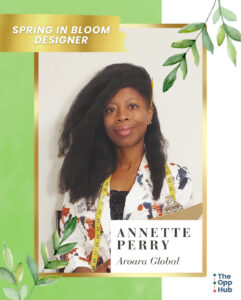
By: Pamela Stern
The Teacher Appreciation Day is an annual celebration held to have one special day of dedication to all of the hardworking teachers out there and to recognize their importance. This day is always observed during the first Tuesday of the first full week of May (May 3). This day shows our appreciation to those who have taught us. Everyone has had a favorite teacher that has helped inspire them.
This day to honor our teachers was actually created by a teacher, First Lady Eleanor Roosevelt. She was more than President Franklin D. Roosevelt’s wife; she has a history of civic duty and was an advocate for fellow teachers. Her love for education began at a young age when she was privately tutored and encouraged by her aunt Anna “Barnie” Roosevelt. No matter how high she rose on the social ladder, she never forgot where she came from.
In 1953, Roosevelt stood up to Congress in hopes of convincing them that teachers needed a day to be recognized for all that they do. The National Education Association (NEA) in partnership with the Kansas State and Indiana State Boards of Education lobbied Congress in order for the day to be recognized. Despite her efforts, the first National Teacher Day didn’t become an official national day until 1980.
At its inception, National Teacher Day was celebrated on March 7 until 1984 when it was moved to May. With the assistance of the National PTA, it evolved into Teacher Appreciation Week, giving teachers more time to bask in appreciation. A year later, the NEA established that the first Tuesday of the week would be National Teacher Appreciation Day.
This official national day recognizes teachers by gift giving. Cards and gifts are sent to teachers as expressions of gratitude. A teacher is not just limited to the classroom. It can be anyone who you look up to or has taught you lessons in life — a friend, a family member, or a mentor (just like Mr. Miyagi in “The Karate Kid”). The day is all about thanking teachers for exhilarating knowledge, wisdom, and inspiring us to be better versions of ourselves.



